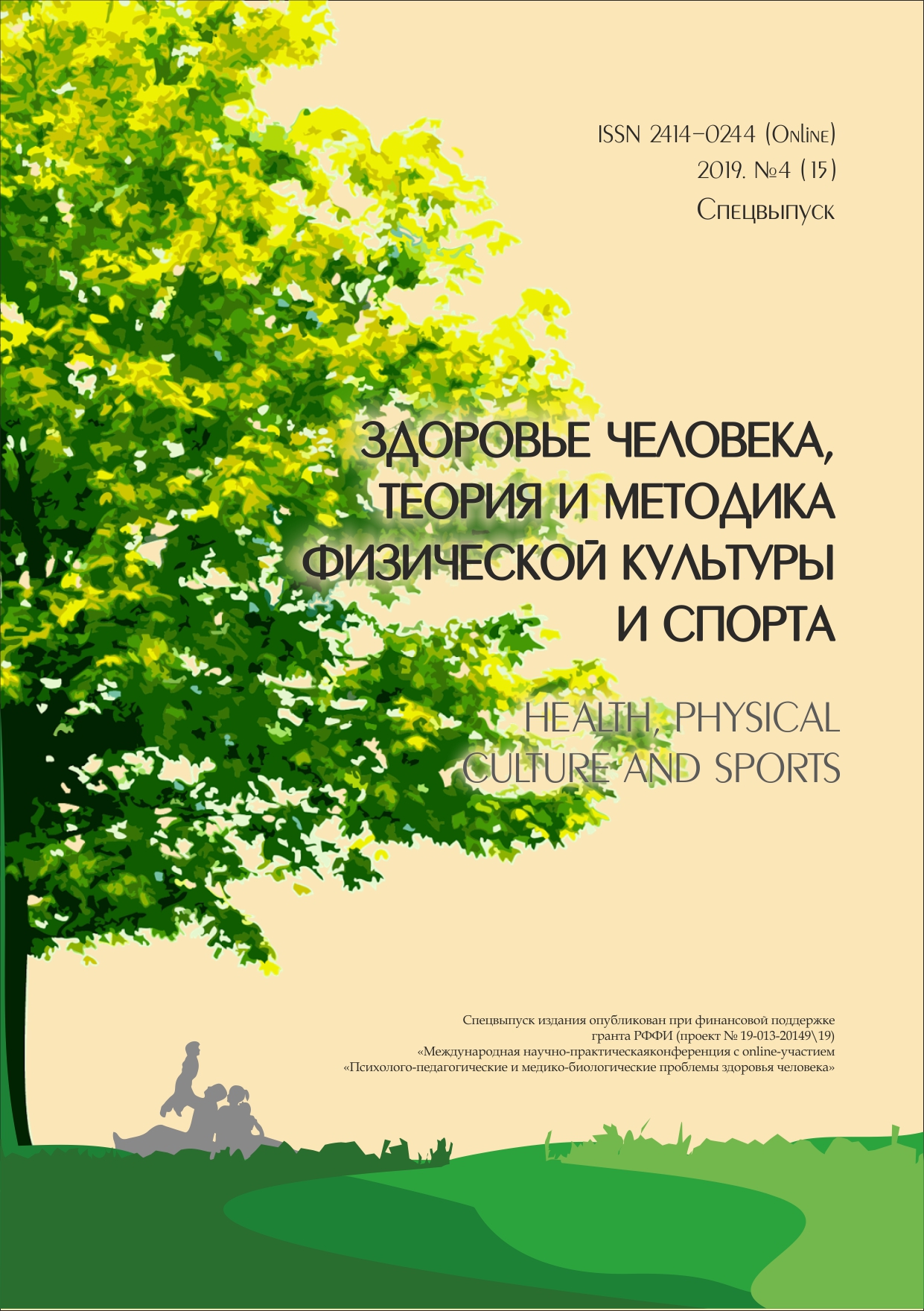RELEVANCE AND NEW TRENDS IN THE DEVELOPMENT OF ECOLOGICAL TOURISM
Abstract
Tourism is one of the most popular and developing industries, as more and more peopletry to diversify their holidays. But, as a result of one or another activity, tourism has a negative impacton land, energy and water resources. Thus, the already difficult environmental situation is aggravated.Therefore, eco-tourism is becoming increasingly popular — the only branch in the tourism industrythat is interested in preserving its main resource — the natural environment. On the example of thistype of tourism, we will trace the transformation of hotel services, which is one of the trends in thedevelopment of the hotel industry. The purpose of the research is to determine how hotel serviceshave changed for new types of tourism on the example of eco-tourism. The research methods weretheoretical analysis of literary sources, Internet resources, questionnaires. Students under the age of20 years took part in the survey on the topic of the research,160 respondents took part in the survey.With the help of the questionnaire, we wanted to find out the following: 1) what is ecotourism; 2) whatnew types of tourism are familiar with the respondents; 3) whether there is a desire to try yourself asan eco-tourist; 4) what level of comfort should ecotourism have. Based on the information obtainedin the survey we have seen that more and more people are interested in eco-tourism. The demandfor a new type of tourism causes a reaction of the hotel business, trying to adapt to the necessaryparameters. Due to the development of ecotourism there is a new type of hotel in the market of hotelservices — eco-hotels. The following is the main characteristic of eco-hotels, the main purpose ofwhich is to provide a worthy holiday with minimal impact on the environment. Ecological hotelsdiffer from others in practical features of functioning. It is concluded that it is necessary to developand improve eco-tourism, since currently there is an increased interest in it.
Downloads
References
Духовная Л. Л., Буряк Л. Г. Глобальные экологические процессы: новые тенденции развития мирового туристского рынка // Сервис в России и за рубежом. 2010. № 4. URL: https://cyberleninka.ru/article/n/globalnye-ekologicheskie-protsessy-novye-tendentsii-razvitiya-mirovogo-turistskogo-rynka (дата обращения: 10.11.2019).
Задевалова С. В., Бутова Т. Г., Задевалов В. И. Экологический туризм как фактор устойчивого развития территорий // Вестник БГУ. 2013. № 13. URL: https://cyberleninka.ru/article/n/ekologicheskiy-turizm-kak-faktor-ustoychivogo-razvitiya-territoriy (дата обращения: 03.11.2019).
Закамская Л. Л., Секлецова О. В., Кузнецова О. С. Экологический туризм как фактор развития региона // МНКО. 2012. № 3. 361–363 URL: https://cyberleninka.ru/article/n/ekologicheskiyturizm-kak-faktor-razvitiya-regiona (дата обращения: 03.11.2019).
Романчук О. Н., Суворов А. П. Экологический туризм на особо охраняемых природных территориях // Вестник КрасГАУ. 2015. № 5. URL: https://cyberleninka.ru/article/n/ekologicheskiyturizm-na-osobo-ohranyaemyh-prirodnyh-territoriyah (дата обращения: 03.11.2019).
Романова Е. В., Дугнист П. Я., Труевцева Е. А., Еnkhjargal Badraa, Перегудова Т. М. Природные и культурные ресурсы Горного Алтая как основа для организации экскурсионно-познавательного туризма // Health, Physical Culture and Sports. 2019. № 2 (13). С. 163–173 http://journal.asu.ru/zosh/issue/view/357
Рымарь Н. И., Рымарь, А. А., Романова Е. В., Труевцева Е. А. Туристический маршрут по малоизвестным селам Алтайского края // Health, Physical Culture and Sports. — 2019. — № 4 (11). —С. 100–121
Лапшина А. Е. Экологический туризм и законодательство России // Сервис в России и за рубежом. 2008. № 2. С. 93–99. URL: https://cyberleninka.ru/article/n/ekologicheskiy-turizm-izakonodatelstvo-rossii (дата обращения: 03.11.2019).
Миронова Н. И. Развитие экологического туризма в России // Сервис в России и за рубежом. 2009. № 4. С. 115–129. URL: https://cyberleninka.ru/article/n/razvitie-ekologicheskogo-turizmav-rossii (дата обращения: 03.11.2019).
Суворова И. Н. Сущностные характеристики и практические особенности функционирования эко-отелей // Российское предпринимательство. 2016. № 22. URL: https://cyberleninka.ru/article/n/suschnostnye-harakteristiki-i-prakticheskie-osobennosti-funktsionirovaniya-eko-oteley (дата обращения: 09.11.2019).
Печерица Е. В. Теоретические аспекты ресурсосберегающих технологий в гостиничном бизнесе // ТТПС. 2014. № 2 (28). URL: https://cyberleninka.ru/article/n/teoreticheskie-aspektyresursosberegayuschih-tehnologiy-v-gostinichnom-biznese (дата обращения: 10.11.2019).
An author should not normally publish manuscripts describing essentially the same research in multiple journals or publication venues. Such redundant publication is generally considered to constitute unethical publishing behavior, and if discovered may result in a manuscript under consideration being rejected, or a published article being retracted.
Authors of manuscripts reporting on original research should present an accurate account of the work performed, accompanied by an objective discussion of its significance. Underlying data should be represented accurately in the manuscript. The manuscript should contain sufficient detail and references to permit others to replicate the work. The fabrication of results and the making of fraudulent or knowingly inaccurate statements constitute unethical behavior and may be cause for rejection or retraction of a manuscript or published article.





